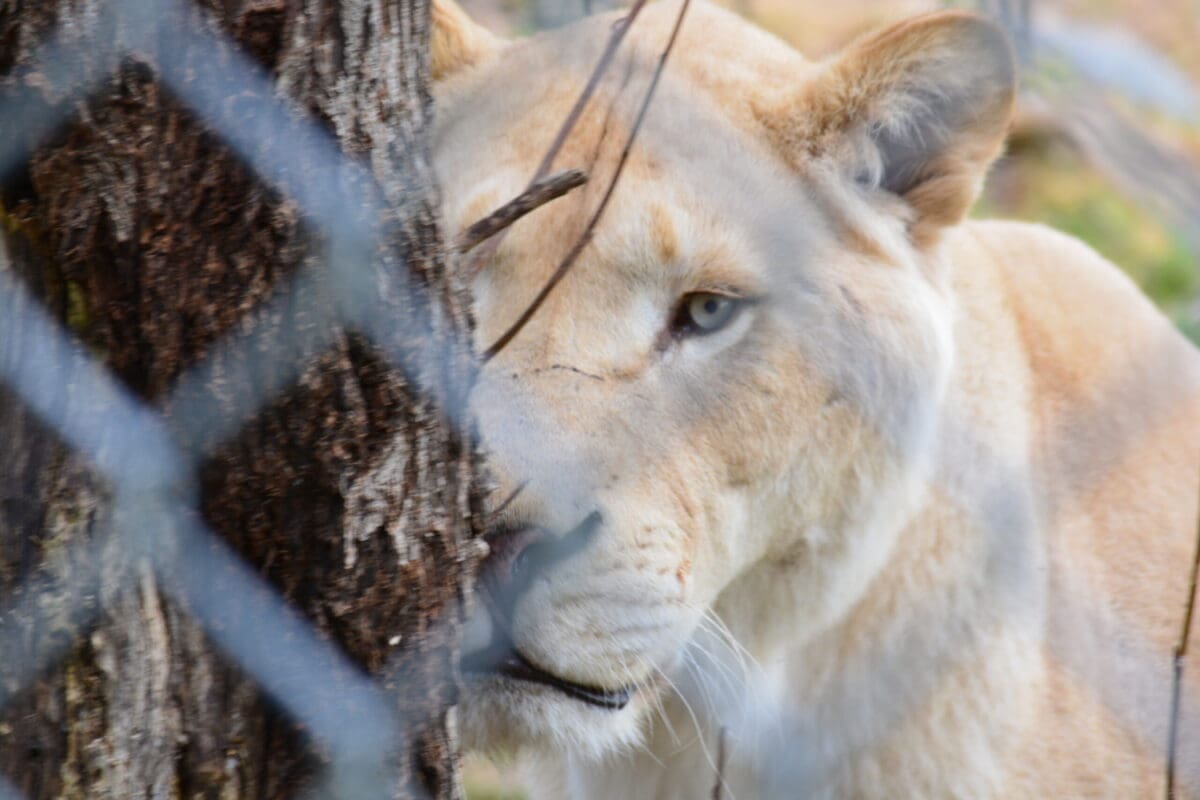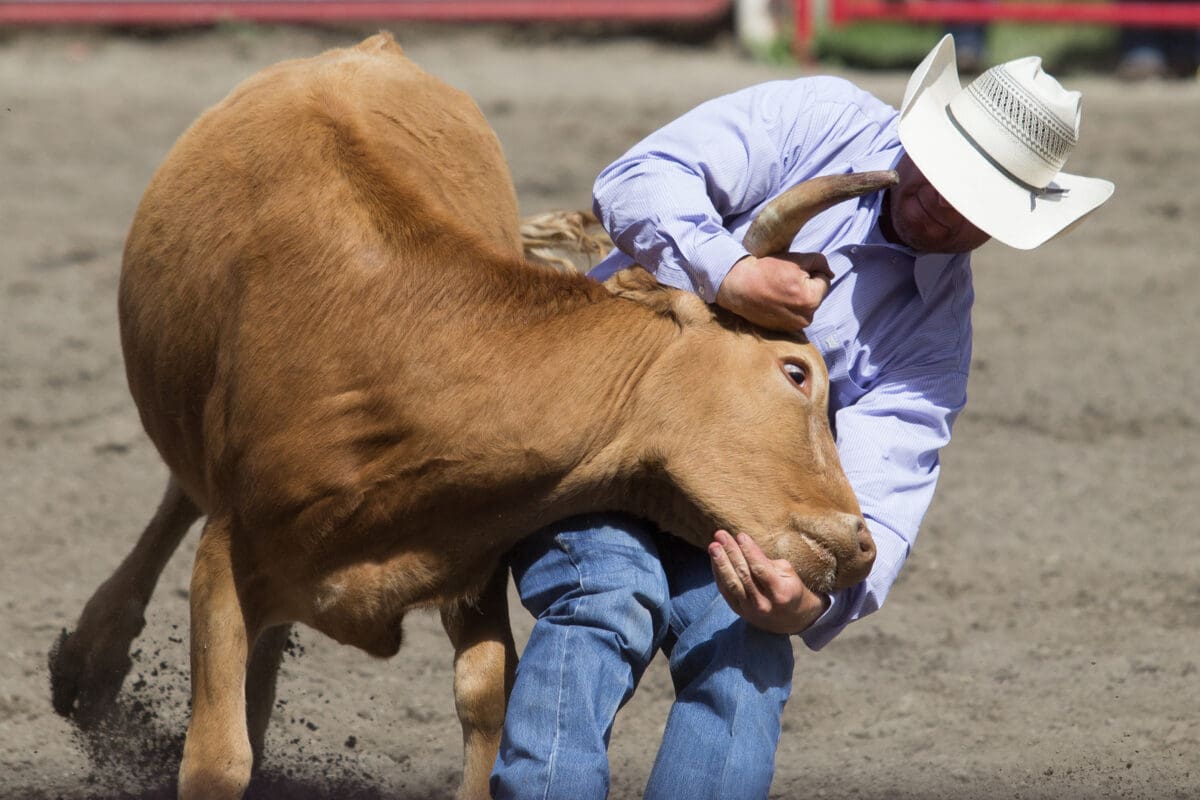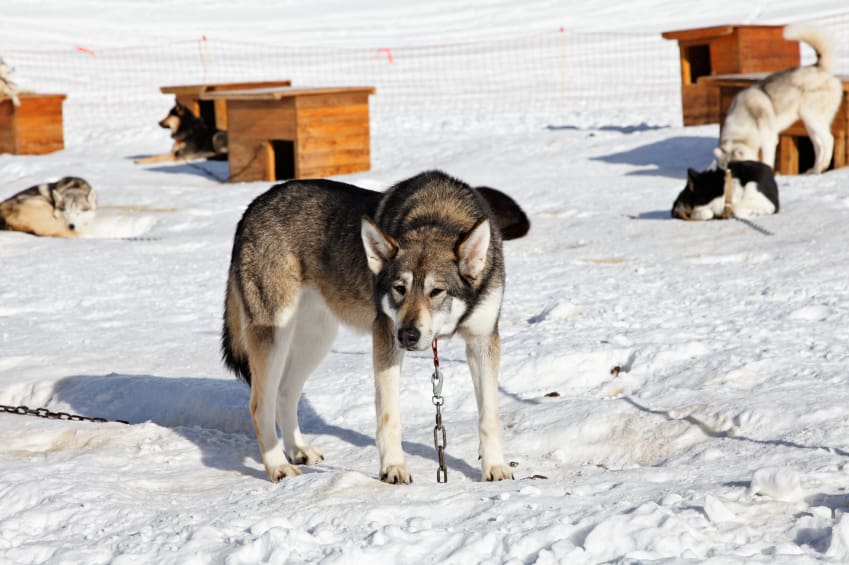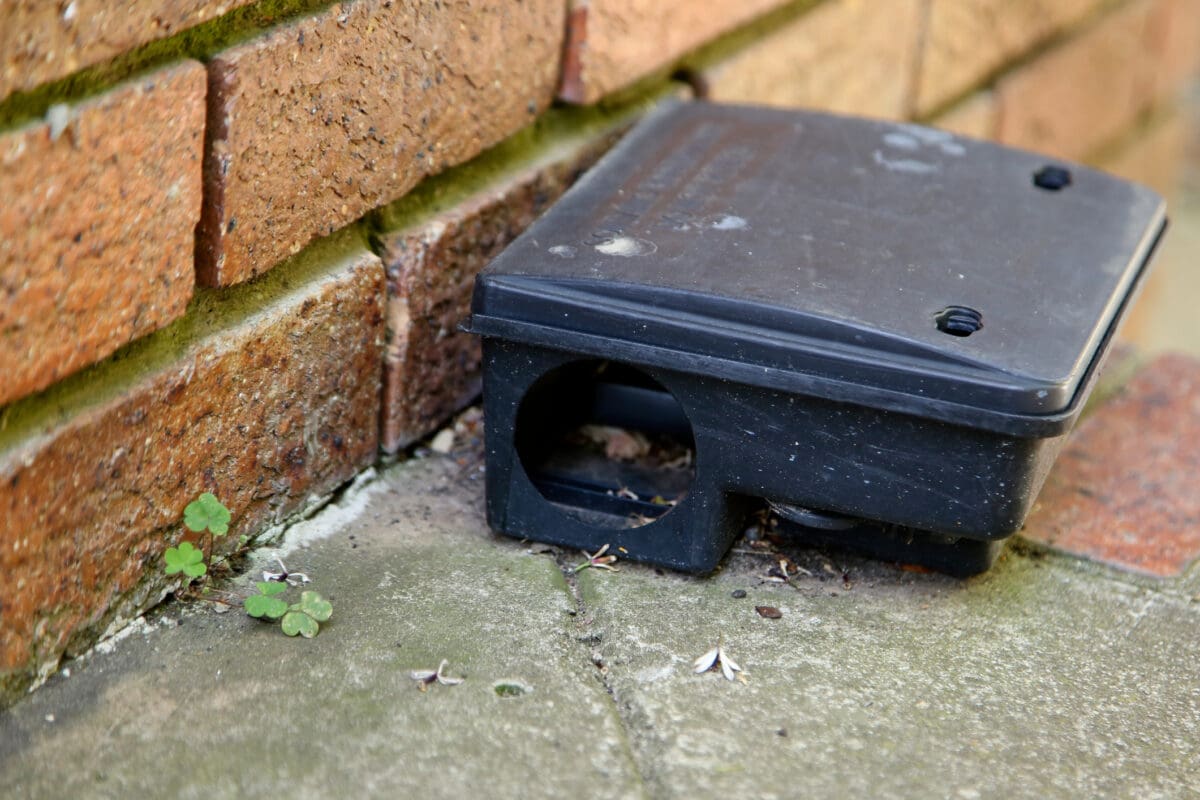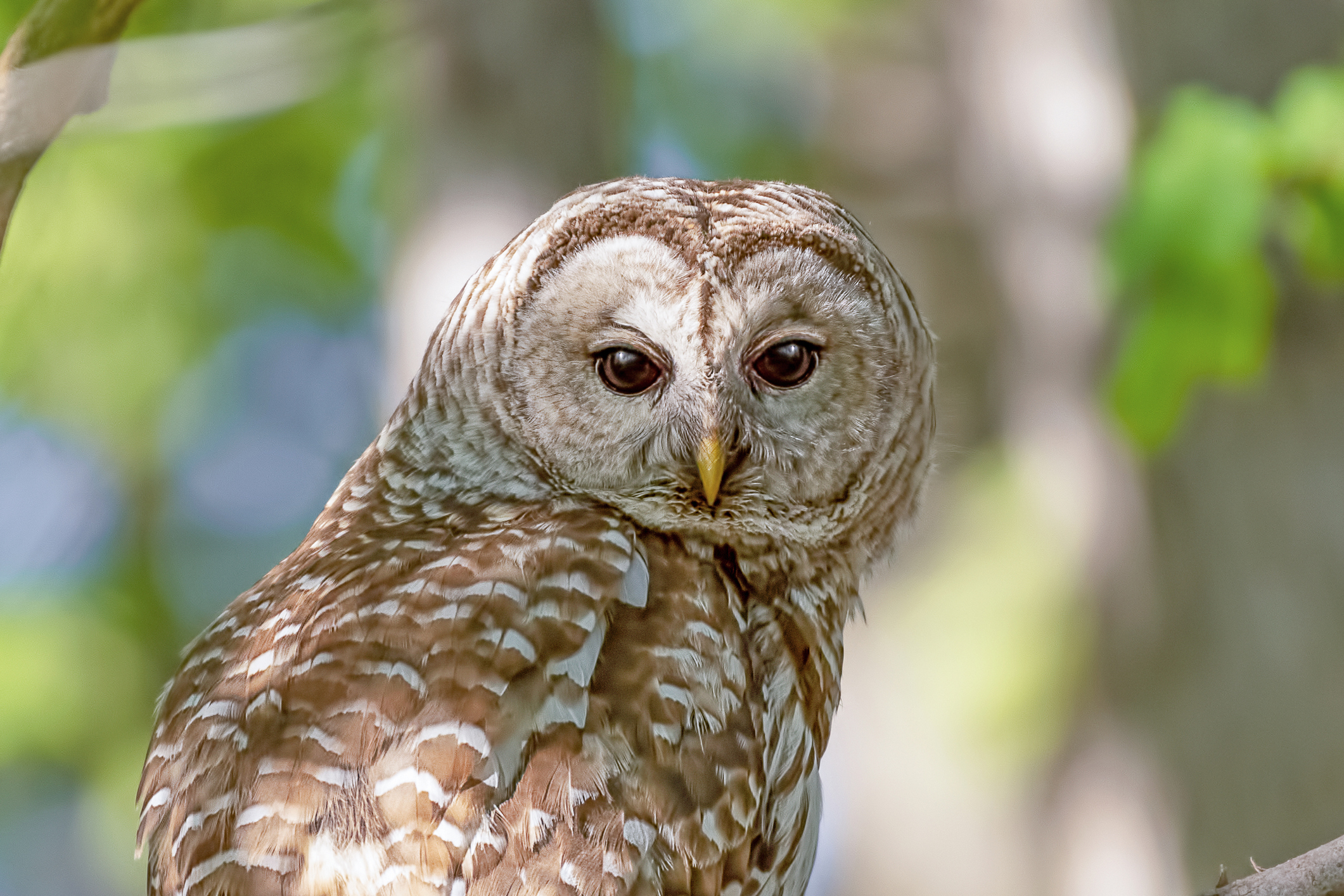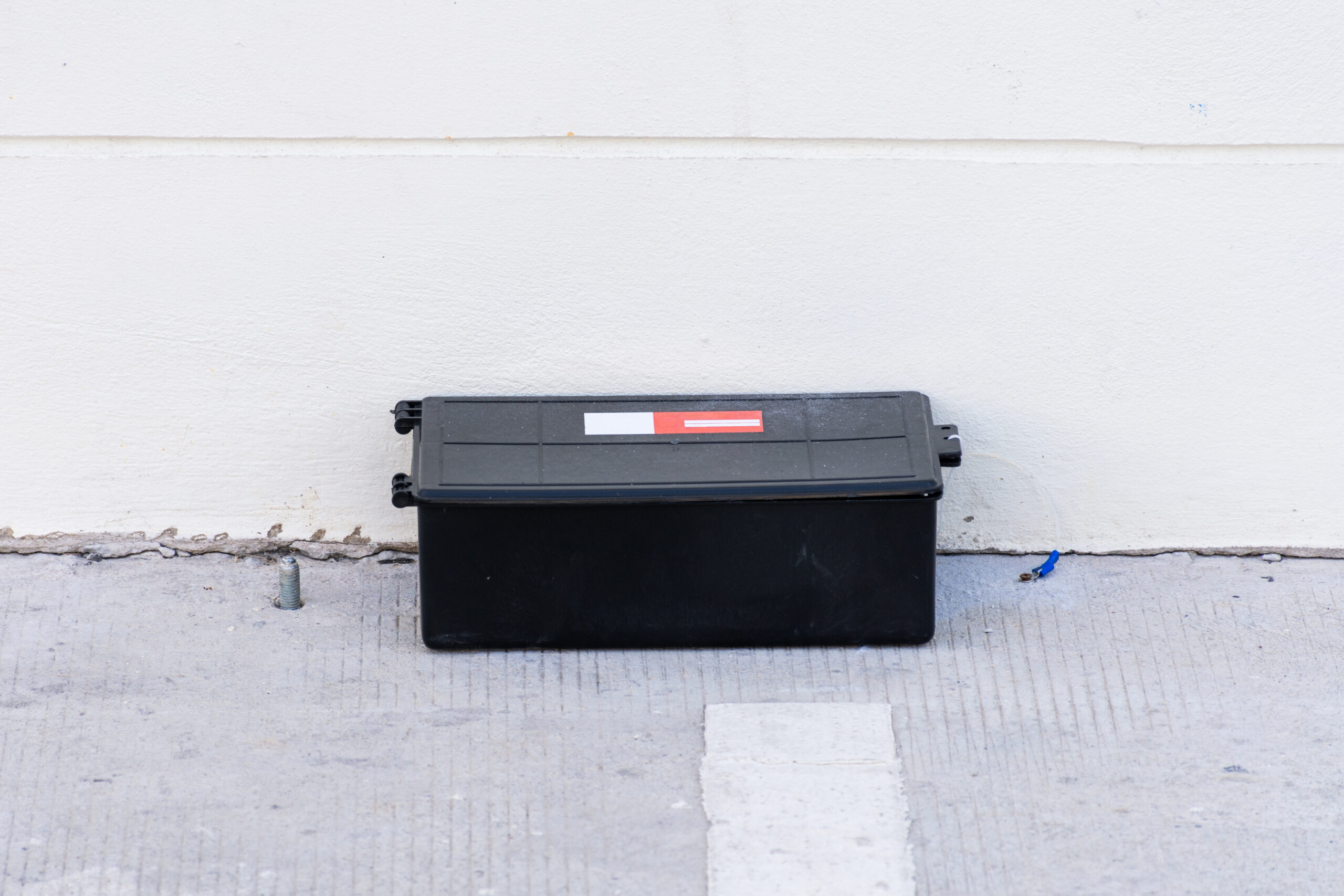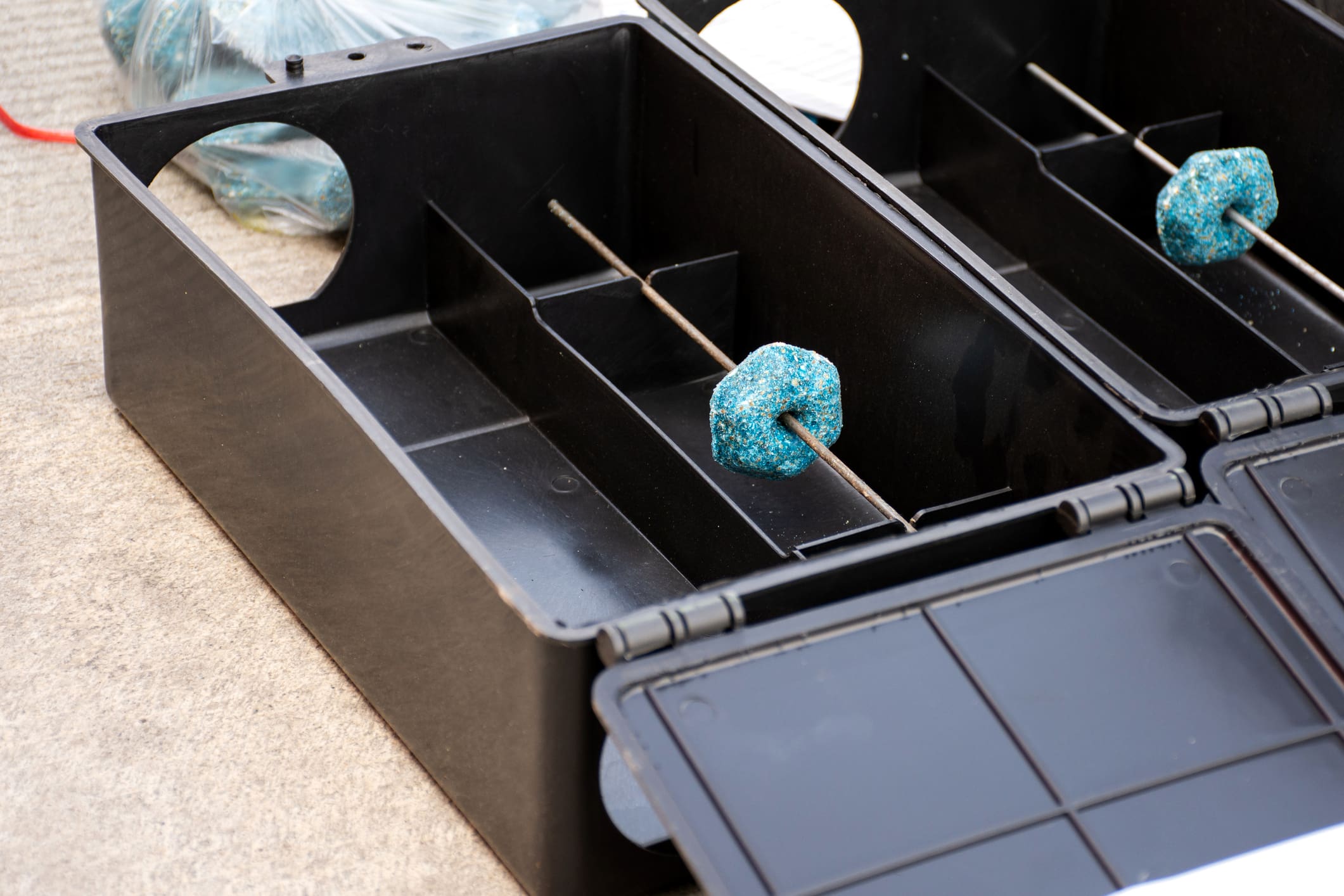Update
This action has now ended. Thank you to the 518 advocates who used the quick action to ask their MLA to speak up for animals in captivity and sled dogs. Please see the Current Campaigns page for more ways you can help wild animals in captivity and animals used in entertainment.
This summer, the VHS ramped up calls for changes to B.C.’s regulations on two key animal welfare issues: sled dogs and wild animals in captivity. All B.C. residents can help by raising these two animal welfare issues with their MLA in a call or meeting.
You don’t need to be an expert on either of these topics to make an impact. Instead, what’s important is that they hear why these issues matter to you. You can ask them to raise the issues, along with the VHS’s recommendations, with the relevant B.C. Ministers.
Provincial decision-makers have previously noted that the regulations for both issues are due for review, without a timeline for action. The VHS has provided clear recommendations for how the regulations need to be updated to better protect animal welfare, but action continues to be delayed and animals continue to suffer as a result.
As MLAs return to parliament this fall, the VHS will continue to advocate for wild and exotic animals in captivity and sled dogs in the commercial sled dog industry.
Can you help by engaging with your MLA on these animal welfare issues? To find your MLA’s contact information, head to the Legislative Assembly of British Columbia website and enter your postal code.
Short on time? Use the quick email tool to send a message to your MLA today!
This action has now ended.
518 people used this tool to call on their MLA to speak up for animals. Thank you for taking action.
Commercial sled dog industry
Under B.C.’s current sled dog regulations, sled dogs can be tethered for lengthy periods of time and sled dog tour companies are allowed to shoot surplus dogs, so long as the operator has made reasonable efforts to try to rehome the sled dog.
Wild and exotic animals in captivity
Meanwhile, B.C.’s outdated wild and exotic animal captivity regulations allow for many species to be kept as pets or in captive facilities, despite the difficulty in meeting their complex physical and psychological needs. Numerous incidents in recent years at the Greater Vancouver Zoo, including the escape of wolves from the zoo this summer which tragically resulted in the death of one wolf, reiterate the urgent need for updating the province’s regulations.
“Think about the worst thing you think could happen to an animal in Canada … I guarantee that what’s out there is a thousand times worse.”
The VHS was recently joined by Zoocheck founder Rob Laidlaw to share his decades of experience advocating for the well-being of animals. Read or listen to the discussion on the VHS’s exclusive podcast, The Informed Animal Ally.

